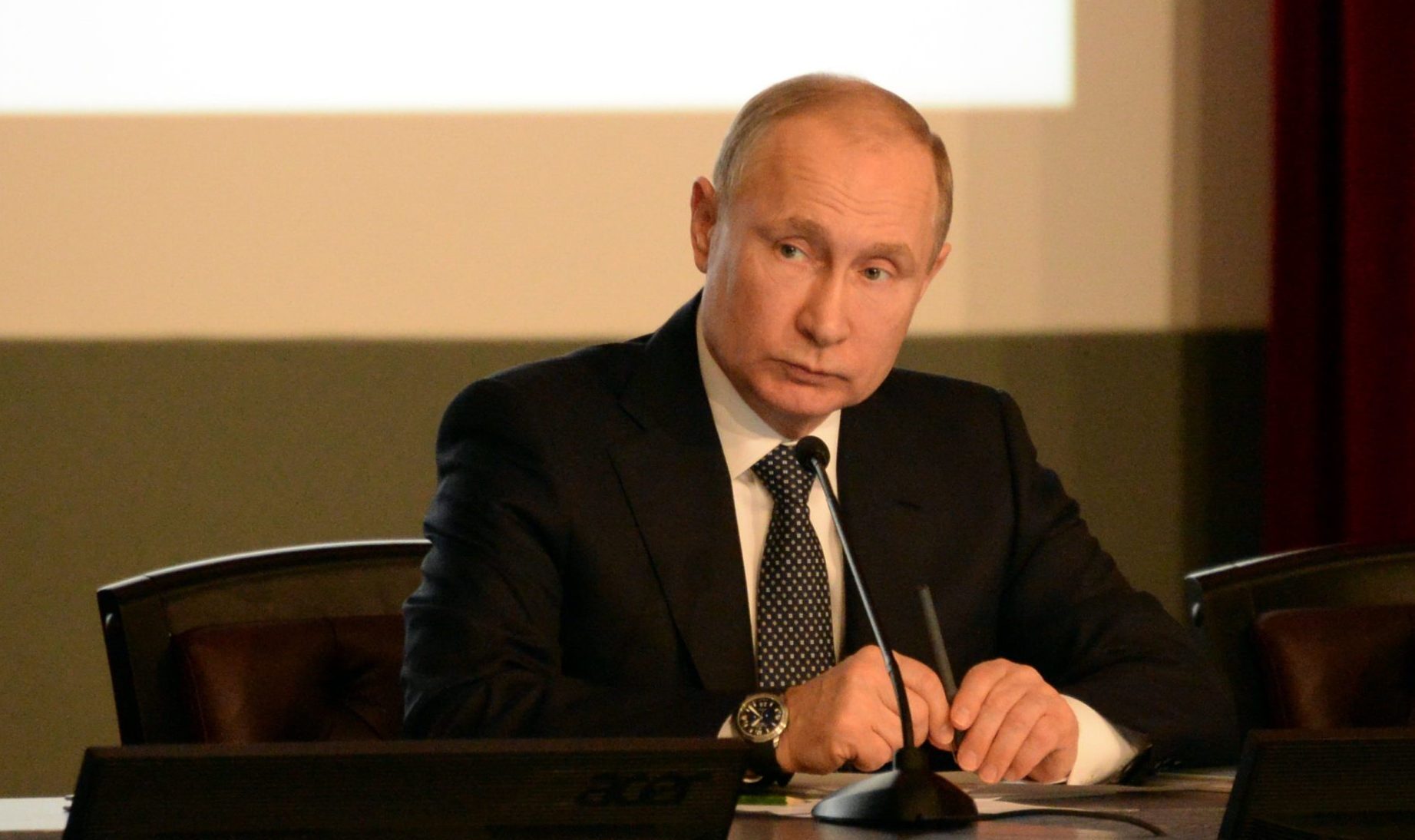“History” Never Left
Anne Applebaum repeats a familiar argument:
We spent the 1990s enjoying the fruits of post-Cold War prosperity, the early 2000s fighting the war on terrorism. We are intellectually, economically and militarily unprepared to contemplate Great Power conflict, let alone engage in the hard work of renewing alliances and sharpening strategy. But History is back, whether we want it to be or not.
If “History” had ever left, it would be more remarkable that it had returned, but great power conflict never really ceased. It receded enough that it was possible for some people to forget that it was still possible, but this was a case of some Westerners that chose to forget their history rather than one of “History” ending. It would be more accurate to say that the last twenty years have left many Westerners unprepared for the fact that the other major powers in the world don’t accept the roles that many in the West expect them to play, and we are so accustomed to getting our way in international politics that we don’t know how to respond when that doesn’t happen.
This is why there has been so much overreaction to the news that Ukraine had been “lost” (it was never ours to lose) and so much panic in response to the possibility that Russia had “won” in the Syrian chemical weapons deal (they didn’t “win” anything). Some Westerners may have been angry about the outcomes, but what I suspect bothered even more people was that Brussels and/or Washington had been prevented from doing something, and it didn’t seem to matter how foolish or undesirable that something may have been. In both cases, Russia came up with a way to block something that many Westerners didn’t really want to do and would have been pleased to avoid, and in the Syrian case it gave the U.S. an excuse not to start a new and unnecessary war.
Syria was hardly the first time that Moscow had strenuously objected to Western military intervention, but it was the first time that it was successful in stopping it because very few in the U.S. or in any allied state wanted to attack Syria. Because the U.S. was trying to do something that was both misguided and extremely unpopular, it didn’t take much to stop it from happening. The problem here wasn’t Russian opposition to Western intervention, which is a given, but the folly of the interventionist policy that was thwarted.
